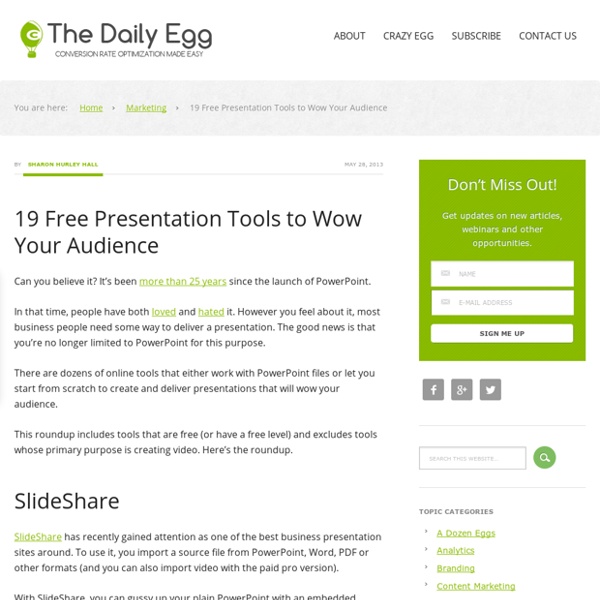



MOOC 100 Search Engines For Academic Research Bestseller All Video On Demand: Rent or Buy Clothing & Accessories Major Appliances Arts, Crafts & Sewing Automotive Baby & Nursery Beauty & Grooming Books & Textbooks Collectible Coins Camera & Photo Cell Phones & Accessories Classical Music Computers, Tablets & Components Blu-Ray & DVD Electronic Components & Home Audio Entertainment Collectibles Video Games Other Gift Card Brands Grocery & Gourmet Food Patio, Lawn & Garden Health & Household Business & Industrial Supplies Jewelry Kindle Store Kitchen & Dining Magazines Miscellaneous Digital Music CDs & Vinyl Musical Instruments Office & School Supplies Pet Food & Supplies Shoes, Handbags, Wallets, Sunglasses Software Sports Collectibles Sports & Fitness Home Improvement Toys & Games Watches by TeachThught Staff General Need to get started with a more broad search? ResearchGate Access over 135 million publication pages and stay up to date with what’s happening in most professional fields. RefSeek Digital Library of the Commons Repository Microsoft Academic Search Google Trends Jurn
PowToon, free business presentation software animated video maker and PowerPoint alternative Cours en ligne ouvert et massif Un article de Wikipédia, l'encyclopédie libre. Pour l’article homophone, voir Mook. Un cours en ligne ouvert et massif[1],[2] (CLOM[3]), également appelé cours en ligne ouvert à tous ou simplement cours en ligne (termes officiels recommandés par la Commission générale de terminologie[3]) ou encore cours en ligne ouvert aux masses[4] ; en anglais : massive open online course, dont le sigle MOOC est également utilisé dans les sources francophones), constitue un exemple de formation ouverte et à distance en télé-enseignement. Les participants aux cours, enseignants et élèves, sont dispersés géographiquement et communiquent uniquement par Internet. Des ressources éducatives libres sont souvent utilisées. Le qualificatif « massif » quant à lui, est lié au grand nombre de participants: dans le monde anglophone, il peut arriver que plus de 100 000 personnes soient réunies pour un cours[5]. Logo MOOC (Massive Open Online Course) Éléments de définition[modifier | modifier le code]
Intro to Online Course Design "Design is not just what it looks like and feels like. Design is how it works." — Steve Jobs As an online instructor, you may find yourself involved in numerous roles related to online course design. Whether you are responsible for the conversion or adaptation of a traditional course for online delivery, assigned to teach courses that were previously designed and developed by others, or relied on for content expertise as a member of a design and development team, your understanding of the online course design process is crucial to the development of an effective learning environment for future students. Online course design requires a wide range of skills and tools. This article provides an overview of the field of instructional design and technology, a look at the typical process of an online course design project, guidelines for faculty subject matter experts (SME), as well as resources for further reading and research. Instructional Design & Technology Models, Theories, and Frameworks
5 Must-Have Tools for a Killer Presentation A presentation is one of the best ways to convey ideas, especially for visual learners and thinkers. While many of us grew up creating class presentations with Microsoft heavyweight PowerPoint, sometimes you want to illustrate your ideas with a little more flair. Below, we present to you five sweet digital alternatives to PowerPoint for when you need more than just static words on a screen. From cloud-based apps to websites that reinvent the slideshow, you'll find something to wow everyone from small classrooms to packed auditoriums. Are there any additional presentation tools that you'd recommend? 1. Image: Keynote Popular presentation tool Keynote is one beautiful app, and it almost makes creating a slideshow enjoyable. Keynote works through iCloud, so you'll stay up-to-date across the board. Use the full-screen view to present from your device, or use video mirroring to present on an HDTV. Keynote is available for $9.99 on iOS. 2. It's clear that people use the tool. 3. 4. 5.
Accueil Understanding by Design Overview Understanding by Design, an excellent book by Grant Wiggins and Jay McTighe, offers a powerful framework for designing courses through what they call “Backward Design.” It seems “backward” in that it starts from the opposite end of the planning process we typically go through to design courses—we usually start by thinking about how to teach our content. Backward Design, in contrast, leaves teaching activities until the end and starts with the desired results of that teaching. In other words, Wiggins and McTighe argue that you can’t start planning how you’re going to teach until you know exactly what you want your students to learn. “Teaching is a means to an end. The Backward Design process proceeds in three phases, as follows: I. First, you establish your learning goals for the course. What should participants hear, read, view, explore or otherwise encounter? II. III. Resources Understanding by Design is available online and in the CFT library.